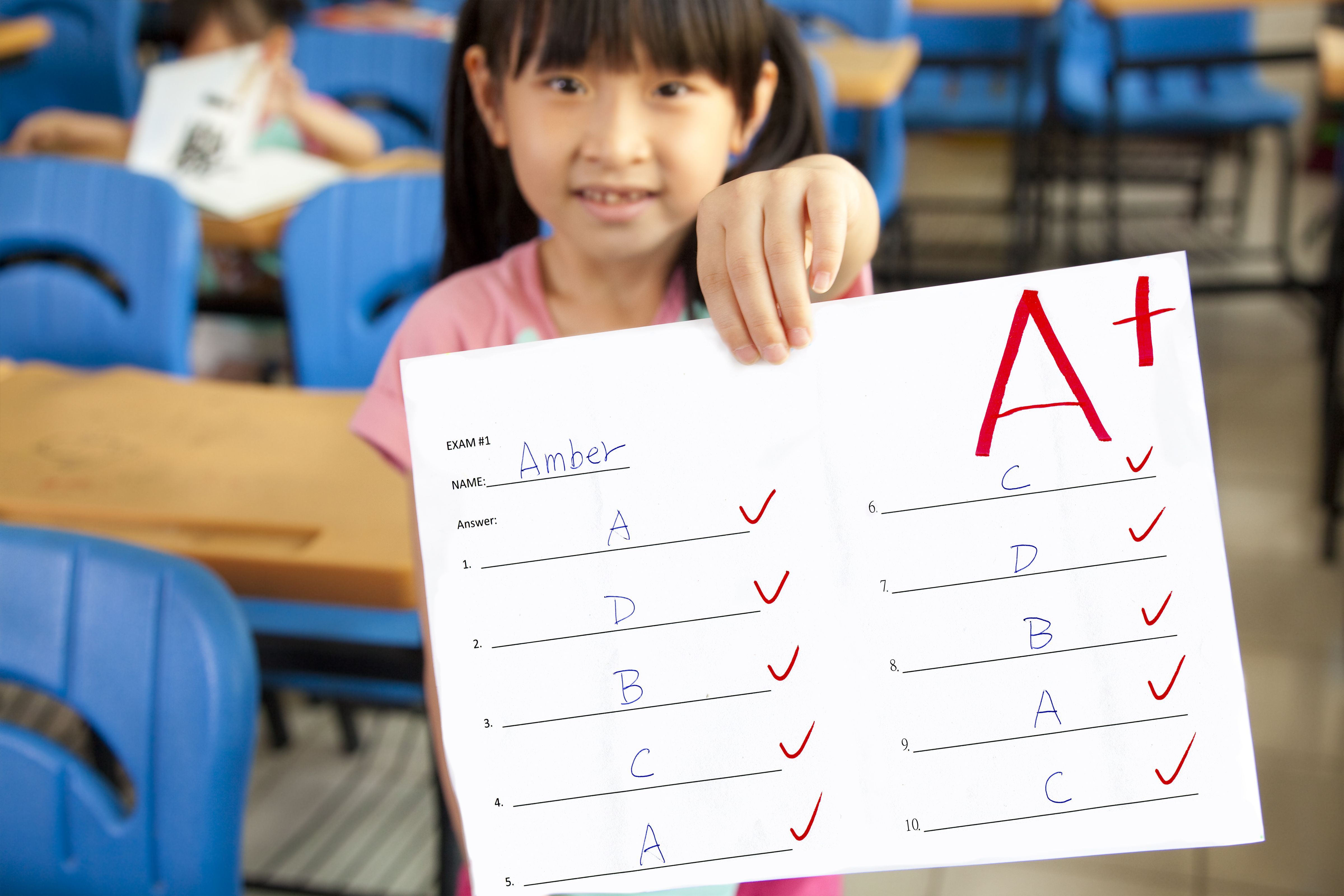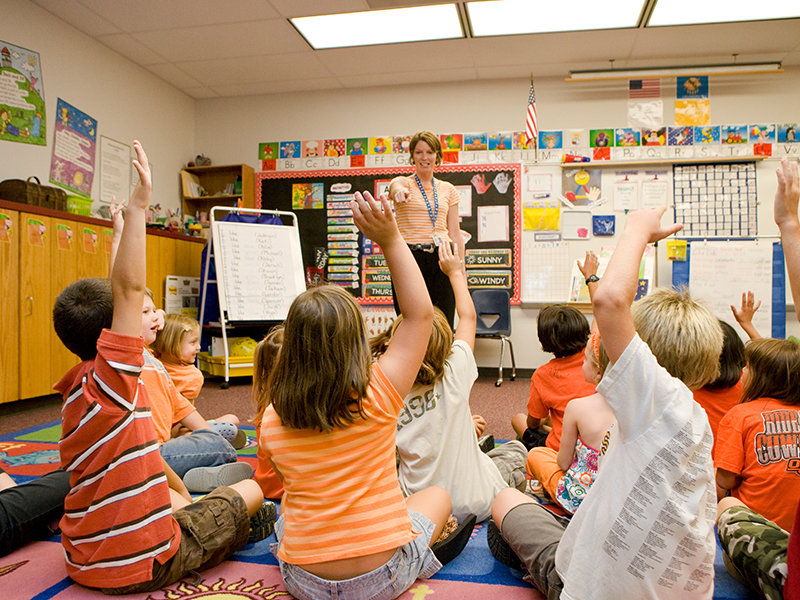A comprehensive guide to Kindergarten and its importance in early education
Wiki Article
Discovering the Perks of Preschool Programs: A Comprehensive Overview to Very Early Education
Kindergarten programs play a critical duty in forming a child's very early instructional experience. They give an organized setting where young learners can create important social skills, psychological durability, and cognitive capacities. These foundational abilities are crucial as youngsters move right into more formal education. Recognizing exactly how these programs add to a kid's development reveals much regarding their long-term academic trajectory. What specific benefits do these very early experiences provide, and how do they influence a youngster's future?The Significance of Social Skills Development
While lots of aspects of very early education concentrate on academic abilities, the advancement of social abilities in preschool programs is just as important. Social skills encompass the ability to connect efficiently, collaborate with peers, and navigate social circumstances, every one of which are important for a kid's general growth. In preschool, kids learn to share, take turns, and fix problems, promoting a sense of community and belonging. These experiences enable young learners to create relationships and develop compassion, laying the groundwork for positive relationships in the future.Educators play a pivotal function in promoting social skill advancement with structured tasks and directed interactions. Via group projects and play, youngsters exercise vital skills such as paying attention, bargaining, and understanding varied viewpoints. Moreover, these interactions help youngsters construct self-confidence and self-confidence, crucial parts for their academic and individual journeys. In general, supporting social skills in kindergarten enhances children's experiences and prepares them for the complexities of social life beyond school.

Structure Psychological Strength in Youthful Learners
Structure emotional strength in young students is fundamental to their total wellness and success in different facets of life. Preschool programs provide a structured atmosphere where children can find out to navigate their emotions properly. Through directed tasks and communications, teachers aid youngsters determine and express their sensations, fostering a feeling of self-awareness.Furthermore, these programs commonly include approaches for dealing with challenges, such as analytical tasks and role-playing circumstances that prepare kids for real-life scenarios. By motivating participation and compassion, young learners develop solid social connections, which are vital for psychological assistance.
Teachers play a pivotal role in modeling strength by showing how to take care of anxiety and hardship. As children observe these actions, they internalize beneficial coping devices, outfitting them to deal with future psychological troubles with greater simplicity. Generally, nurturing emotional resilience in very early education lays a solid structure for lifelong mental health and wellness and adaptability.
Enhancing Cognitive Abilities With Structured Knowing
As children participate in structured understanding experiences within preschool programs, their cognitive abilities are significantly boosted. These programs present age-appropriate tasks that boost crucial reasoning and problem-solving skills. Hands-on tasks such as problems and structure blocks advertise spatial understanding and rational reasoning.In addition, interactive storytelling and group conversations foster language advancement, expanding vocabulary and understanding. Via organized regimens, children learn to follow instructions, improving their executive operating abilities, which are vital for future Private School academic success.
Social interactions within these programs additionally play a considerable role, as children learn to collaborate and communicate properly, additional increasing cognitive growth.
In addition, incorporating play-based understanding enables kids to check out concepts in a fun and engaging means, enhancing their understanding and retention of knowledge. Overall, structured knowing in preschool lays a strong structure for cognitive growth, preparing kids for the obstacles of college.
Fostering a Love for Lifelong Discovering

Additionally, positive interactions with educators and peers contribute to a setting where discovering is seen as satisfying and enjoyable. This supportive atmosphere aids instill intrinsic inspiration and reinforces the concept that education and learning is a continual trip rather than a location.
As children find their passions and toughness, they are most likely to seek expertise beyond the classroom, laying the foundation for a long-lasting commitment to understanding. Inevitably, preschool programs play an important duty in shaping passionate learners that embrace instructional possibilities throughout their lives.
Getting Ready For Future Academic Success
While foundational skills are important for very early students, kindergarten programs likewise play a vital role in preparing children for future academic success. These programs present essential ideas such as proficiency and numeracy, assuring that children develop the cognitive capabilities necessary for advanced understanding. By participating in structured activities, trainees improve crucial thinking and problem-solving skills, laying a solid foundation for their academic trip.Furthermore, kindergarten cultivates social-emotional advancement, making it possible for children to navigate collective tasks and construct connections with peers. This collective setting infuses a feeling of belonging and enhances self-confidence, which is very important for scholastic determination.
Additionally, direct exposure to diverse learning experiences in preschool grows flexibility, furnishing children to deal with various topics and challenges in succeeding qualities (Kindergarten). Eventually, by providing a well-rounded very early education and learning, kindergarten programs assure that youngsters are not only ready for very first quality however also planned for ongoing scholastic achievement throughout their instructional careers
Often Asked Inquiries
What Age Is Perfect for Starting Kindergarten Programs?
The perfect age for beginning kindergarten programs is generally in between five and six years of ages. This age enables youngsters to establish important social, psychological, and cognitive skills, preparing them for future scholastic success and personal growth.Just how Do I Select the Right Preschool Program for My Youngster?
To pick the best kindergarten program, one ought to think about aspects such as educational program, teacher credentials, class size, area, and the school's philosophy. Observing the atmosphere and celebration comments from various other parents can likewise be beneficial.Are There Any Type Of State Requirements for Kindergarten Registration?
Several states have certain needs for kindergarten registration, consisting of age restrictions and documents such as copyright or proof of residency (Private School). Parents need to consult their local education and learning authority to comprehend the specific criteria in their areaWhat Should Parents Expect During a Regular Kindergarten Day?
Throughout a typical preschool day, parents can expect organized tasks including circle time, creative play, standard academic lessons, treat breaks, and social interaction, all developed to promote understanding and development in a nurturing environment.Exactly How Can Moms And Dads Assistance Knowing in your home along with Preschool?
Parents can support learning in the house by involving in regular reading, incorporating academic games, establishing a consistent routine, encouraging curiosity through questions, and producing a positive, nurturing setting that cultivates expedition and creativity.Kindergarten programs play a pivotal role in shaping a youngster's early academic experience. Preschool programs provide an organized environment where children can learn to browse their feelings effectively. As kids involve in organized knowing experiences within kindergarten programs, their cognitive abilities are substantially boosted. By appealing kids in diverse tasks-- such as storytelling, hands-on experiments, and collective jobs-- kindergarten programs grow interest and exploration. While fundamental skills are important for very early learners, preschool programs likewise play a crucial duty in preparing kids for future academic success.
Report this wiki page